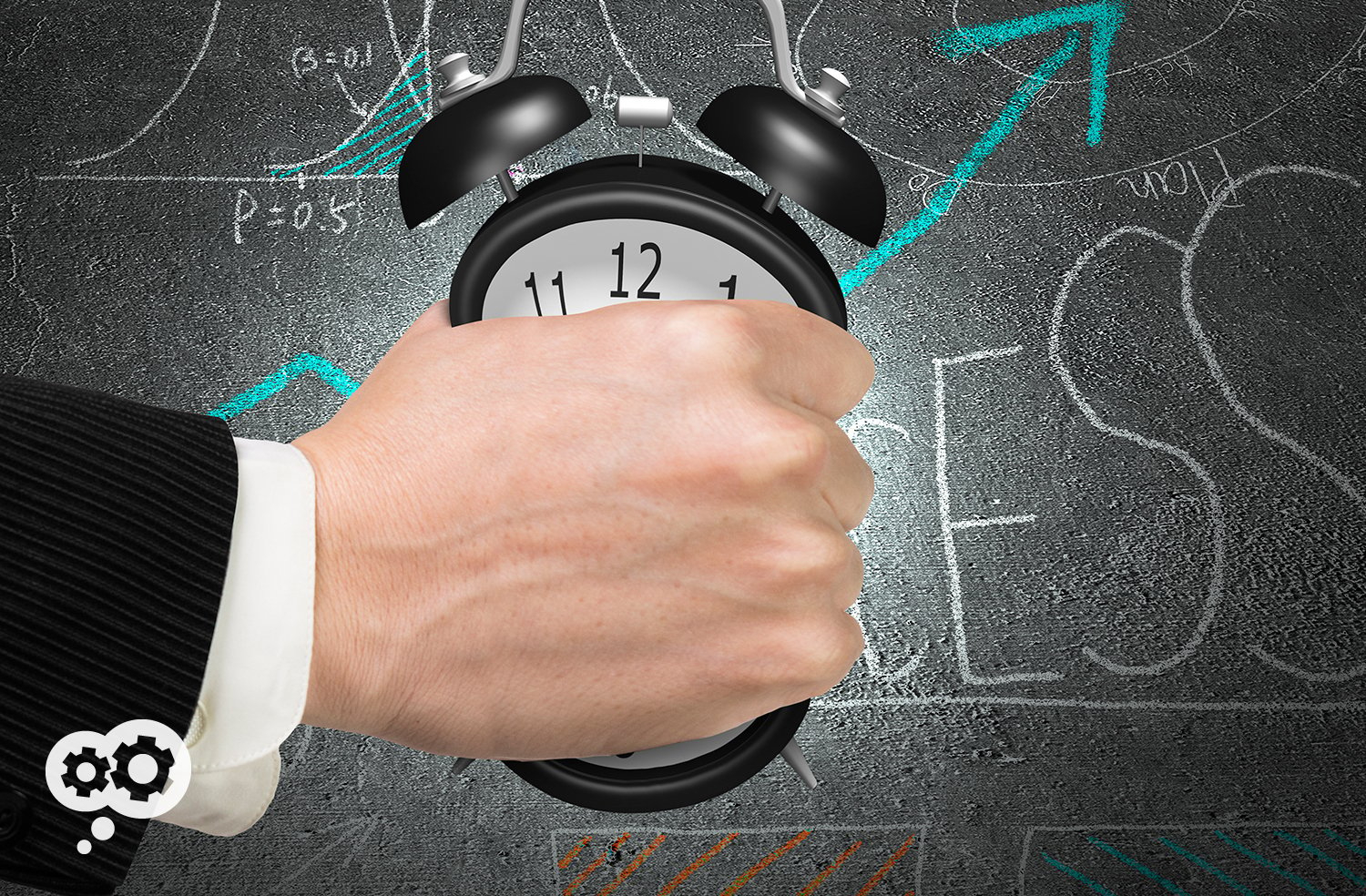
Successful, effective people are those who launch directly into their major tasks and then discipline themselves to work steadily and single-mindedly until those tasks are complete.
Eat your frog.
Not literally (unless you like frog legs); but this is great productivity advice from time management expert Brian Tracy. Tackle your most important (which can be, but isn’t necessarily your most time-consuming) at the beginning of the day. Don’t fritter away your time and attention “warming up” to work. Dive in.
Over the course of the day, reevaluate what’s most important and spend the majority of your time on those tasks.
Successful, effective people are those who launch directly into their major tasks and then discipline themselves to work steadily and single-mindedly until those tasks are complete.
For any of you familiar with Stephen Covey, this is very similar to his “First Things First” idea as well as any number of other productivity experts who espouse the same ideas. Regardless of whether you like to read Tracy, Covey, or someone else; this is good advice and will make you more productive and effective if practiced consistently.
A few weeks ago, I wrote about productivity tips from the point of view that multitasking can actually cost you MORE time in the long run and make you less effective at GSD (getting stuff done). Remember, it takes an average of 23 minutes to get back on track after an interruption – think about that the next time someone asks you if you’ve “got a minute.”
Here are six more business productivity tips as “tasty” as eating a frog for keeping focused and on-task.
Write It Down
I don’t care how good you think your memory is: write down what you want to accomplish during the day (at least for the day; consider weekly, quarterly, and yearly lists too). Use whatever tool is most comfortable to you and, MOST importantly, that you’ll actually use! This could be:
- Task list in Outlook
- A note on your phone
- A task or list app on your phone – go to iTunes or Google Play and search for “to-do list” or “task list” and you’ll have plenty to choose from
- A planner, such as a Franklin Planner or one you pick up at Target
- Word document on your computer
- Pen and paper
- Anything else you think would work for you
And be sure to cross items off you list as you accomplish them – it feels pretty darn good, right? That’s because when you finish something, your brain releases endorphins. Over time, you can even become addicted to this feeling of accomplishment.
Be Distracted
I know this is about focus, but you also need to give your brain “time off.” Research from Draugiem Group indicates that productive people do take breaks – 52 minutes working and 17 minutes resting was the ideal balance. Get up. Stretch. Go for a short walk. Talk to your co-workers about the Jurassic Park movie. Take a few minutes to read the news or Facebook. It’s OK, and even productive in the long-run. This article from Fast Company is an interesting overview of the research.
Meet in Blocks
Circling back to the idea that it can take 23 minutes for your focus to return to a task, as much as you can, block meetings back to back. How many times have you had a 30 minute gap between meetings and filled it doing not much of anything because your mind was on the next meeting? And keep meetings short and productive (which could be a blog post for another day!).
Go Away
Companies have retreats outside of their offices for a reason. The different surroundings can trigger a response that you’re there to accomplish a task. It’s easy to be distracted in your regular office, so leave. Go to a coffee shop, library, work at home, book a conference room, go outside – go somewhere different so you won’t be disturbed (and then be sure to also ignore your phone and email).
If you can’t go away (and it’s not always possible or even wise), mentally go away. Close the door. Put up a do not disturb sign. Set your “out of office.” Post a “No Trespassing” sign. Do what you need to do to get people to leave you alone. Who knows, they might even answer their own question or solve their own problems while you’re “away.”
Let Your Co-workers Know
Now, it could be seen as rude if you suddenly decide to surround yourself with “Do Not Cross” police tape without warning. Let your co-workers know that you’re focusing on a project for the next X amount of time (or you might need that police tape if they don’t leave you alone!).
Be Kind to Yourself
Everyone has those days when you look around at 5 and wonder “what did I actually DO today?!?!?!” You’ll feel like nothing got done. Don’t beat yourself up. Move along and do better tomorrow.
There you have it; seven tips to help you GSD or squeeze more out of your work day!

